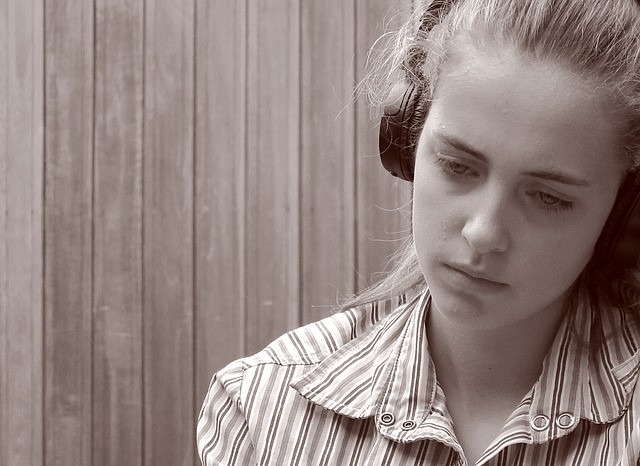Being empathic is a wonderful gift, but it has a huge emotional cost

Empathy is a very important skill, which makes whoever possesses it naturally, special - although it can also be developed.
In fact, empathy amplifies the senses, allowing you to enter into an intimate relationship with the surrounding world, comprehend the reality of situations and feelings, and build authentic relationships with other people.
Despite the preciousness of this gift, and that it probably makes those who are endowed with it more generous, attentive, and altruistic, it does not make them happier!
This is because sometimes feeling the emotions of others can be an unbearable burden.

Empathic people are generally appreciated by others, as they represent a safe haven, where people can find someone who listens and understands. Therefore, people feel naturally inclined to open up with empathic people. In this way, a river of intense emotions, both positive and negative, pour into the empathic person, who must be strong and balanced in order to manage these feelings and not have an emotional breakdown.
In fact, for emphatic people, "feeling" the emotions of others means experiencing them as if they were their own; then add to this the profound understanding of situations that this ability brings with it and the result is that often empathic people tend to be melancholy and sad. As much as they are able to be optimistic and find strength in being unselfish and generous, unfortunately, the evil and the suffering around them can absorb their energies.
Also, their open and magnanimous character can make them attract people who are interested in exploiting them, to receive without ever giving anything in return.

Another consequence of their generosity is the fact that empathic people donate a lot of themselves to others; always putting others before themselves, sometimes, even to the point of feeling lost and needing to go in search of themselves.
This incessant clamoring for attention from the external world leads the empathic person to build a defensive barrier: not to close themselves in, but to try to protect a small intimate part of themselves from the needs of others, and from their own tendency to give too much of themselves.
Therefore, to be empowered and not succumb to their own dark side, the empathic person, on the one hand must try to identify the people who only want to take advantage of them; and on the other hand, to know when to lower their defensive wall, to learn to express their own feelings, and to ask for help when necessary.





